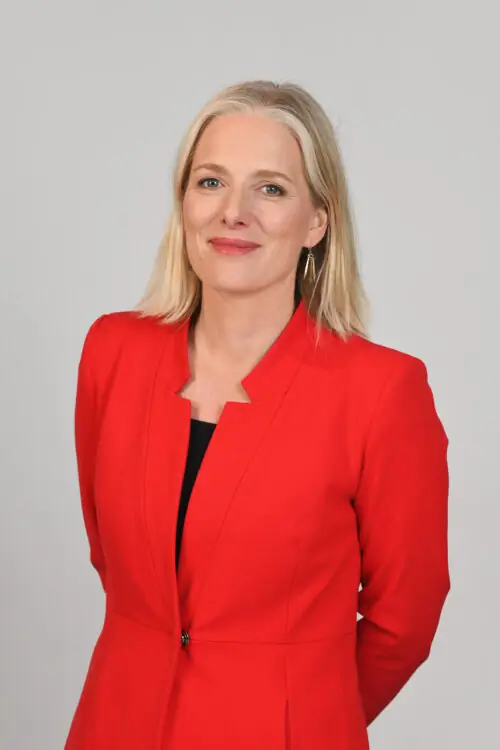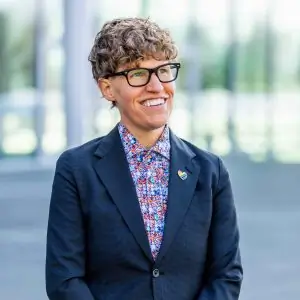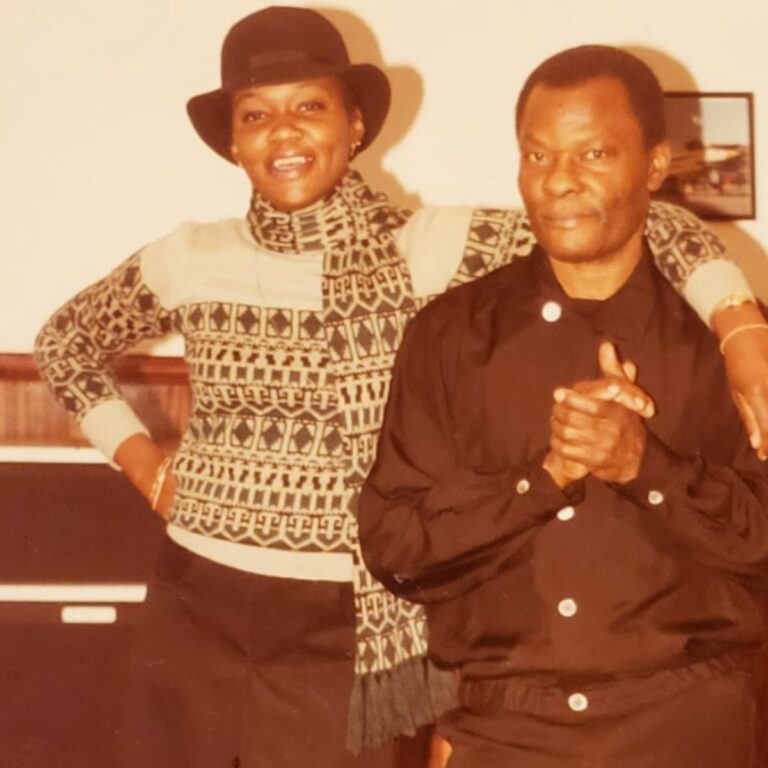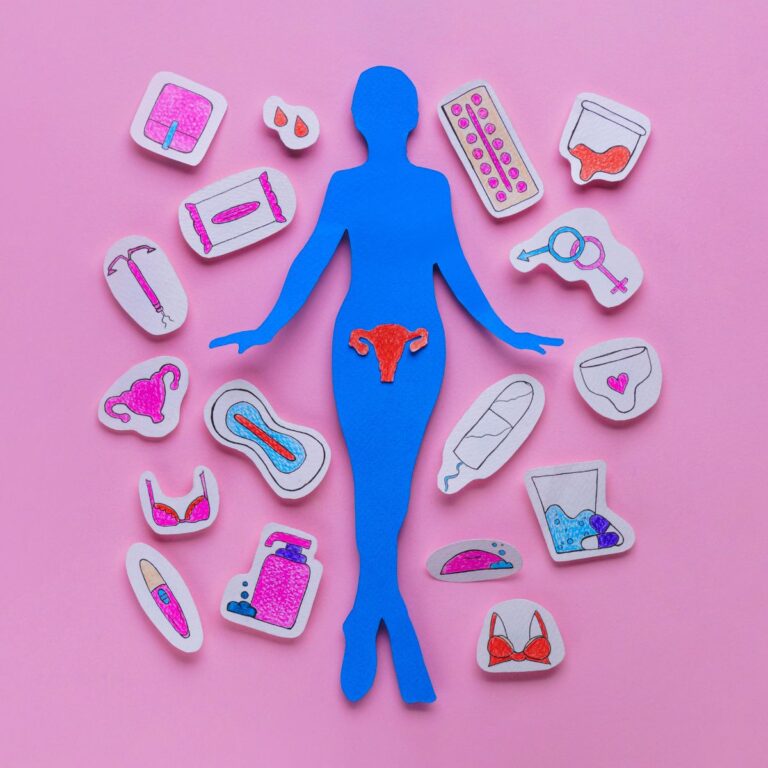Catherine McKenna – Former cabinet minister and climate advocate
Before The Honourable Catherine McKenna became one of Canada’s most recognizable women, she was a human rights lawyer, a negotiator with the United Nations mission in East Timor, and the co-founder of a non-profit organization committed to providing access to justice for all. Now serving as Canada’s Minister of Infrastructure and Communities after many years as Minister of the Environment and Climate Change, Catherine McKenna — mother, lawyer, politician, and social justice advocate — talks about her public career, why she chose it, and her passion for building a better, more sustainable world.
At the time of recording, Catherine McKenna was Canada’s Minister of Infrastructure and Communities after many years as Minister of the Environment and Climate Change. Now she has a new role with the United Nations as Principal, Climate & Nature Solutions. She chaired the UN Secretary-General’s High-Level Expert Group on Net-Zero Commitments.

Catherine McKenna’s early childhood
Jennifer Stewart: Minister, you were raised in Hamilton. Take us back to your childhood. What inspired or motivated you as a little girl?
Catherine McKenna: I had a regular childhood in Hamilton: I played soccer on the local soccer team, I swam competitively, I went to this little francophone school. My dad is an immigrant from Ireland; my mom is an anglophone from Quebec. We had a very strong family, and we had discussions around the table, heated debates, about politics, about topical issues. My dad has been in Canada for over 50 years and really believes in Canada. He believes in multiculturalism. So, all of those things were important. We had all of those conversations growing up.
But when I was a kid, I wanted to be an Olympian. People ask me, “Politics is tough, like, how do you handle it?” It’s swimming that has really helped me, but it can be anything that gives you strength. My family certainly gave me power, but for me, it was swimming that taught me about the value of hard work and having long-term goals. For me, swimming is my happy place. It’s quiet. It’s very hard to get quiet in life — I have three children, I’m in politics, I come from a loud family. By going in the water, I can just put my head down. In life, and especially in politics, you have to find a little place for yourself. It’s easy to get caught up in the things you need to do for other people.
Catherine Clark: So, if you had this profound love of swimming and you wanted to be an Olympian, how did you end up on your career path, specifically starting with law?
Catherine McKenna: Swimming took me to university. I ended up at the University of Toronto and had a great swim team. People always think of swimming as an individual sport, but when competing nationally, you must get enough points for your team to win. We won nationals, and I was captain. That was a great launching point because I met really smart people at U of T. I also was interested in international relations. That’s why I studied international relations in French at U of T. I ended up following a career path on the international front. I did a documentary in Indonesia called 60 Days in Indonesia; I travelled through Southeast Asia.
I ended up going back there, starting my legal career there, which was very strange. I worked for a UN peacekeeping mission. One reflection I have, is when telling your career path you need to keep it real. I didn’t have this really organized career path. I just looked for opportunities and I did what I was passionate about. I decided that law would be a useful tool. I cared greatly about human rights and international law. Then I went and worked abroad, and when I came back I co-founded Canadian Lawyers Abroad that later became Level Justice. That lead to politics because I realized that I could not make the difference I wanted to make under the Harper government.
The things I cared about — human rights, good governance, the rule of law, the environment, and Canada’s role in the world — that it was not going to be possible through this organization I was running. That’s when I decided, “Okay, I am going to make a leap to politics.”
Entering politics with kids
Jennifer Stewart: When elected in 2015, you made a public promise to your kids to be home by 5:30 and to shut off work when feasible until eight. Have you been able to achieve that?
Catherine McKenna: Not every day. My job required me to travel a lot. And I was fortunate to be in Cabinet, but that brings in a lot of other obligations. Being home with my kids will make a difference to my kids, it will make a difference to me, and it will make a difference to you because I will not be so grouchy. So, I made that commitment and it’s quite good when you make a public commitment because then you actually feel that you owe to yourself, your kids, and your community.
It was great because after I said that, I had so many people who stopped me in the streets, like moms and dads, and they just said, “That’s great. We need role models who say, ‘Timeout, like, we can’t do everything.’” Am I amazing at it? No. I try my best, and I still have the guilt of “am I doing enough for my kids?” During the time of COVID, my heart goes out to so many mothers who are essential workers; there’s no childcare, there’s no camps, it’s tough. I’m in a privileged position, but even I feel guilty and struggle to integrate my work with my life.
Catherine Clark: We’re seeing all kinds of businesses and organizations now needing to rethink how they structure work because so many people work from home or in different ways. How do we translate that to politics? And how do we create an environment that’s more welcoming to mothers, to women, to parents of young children?
Catherine McKenna: We have to change politics. In some ways, we have. It takes a crisis for people to realize we don’t have to pretend we should do things the same way. If it’s hard for me, imagine you’re Carla Qualtrough, who is a Cabinet member but is in B.C. The stress, even just on your body, to go back and forth with the time zones, is a barrier, and it’s a barrier to attracting candidates. I’m not for tradition for tradition’s sake. This was the reality; how do we make the reality work? So, in politics, we can do a lot more virtually. We should be thinking about virtual votes.
The idea that you have to be there in person when you can vote securely while you are at home, caring for your kids — why not do that? I’m hopeful, but it requires parties coming together. And of course, I’m a partisan, I’m a Liberal, but I just think we all have families, we have kids, we have aging parents, we have other obligations. Let’s all come together and agree that we can do things better.
Online hate
Jennifer Stewart: You’ve been the victim of some awful online and in-person behaviour, you’ve had your office vandalized. How are you so resilient? Do you have conversations with your kids about how you’re treated and how you continue to march onward?
Catherine Mckenna: It was really hard at first because I’m the type of person who can hang out with anyone and have a drink with anyone. You learn to develop a thick skin in this business. But also, more importantly, you learn to focus on what matters. The onus is on all of us in politics, but it’s also on social media companies to stop it and I lay it at their feet that the abusive, often threats, made on social media, often against women, and if you layer on that a woman of colour, it can be pretty toxic. I don’t let it get to me, and I do sometimes call it out. I remember being at the UN the first time I called it out. We’re doing international discussions on climate, and I returned to the hotel, and we were just sitting in the lobby with my team, and I saw that a Conservative politician in Parliament, a former Cabinet minister, called me “Climate Barbie.” I was annoyed because they’re trying to belittle me using the colour of my hair and make me seem unserious.
My team was like, “Don’t do anything, you’ll look like the victim,” and I just got really mad. I said too bad. I said I’m calling it out. So, I just tweeted, and I thought about how do I sound not furious, but reasonable and annoyed. It got a reaction: the Conservative Party sort of apologized, and it got a reaction from Canadians because it was a reality check that this is not what we’d like. This isn’t the politics we want. Sure, disagree vigorously — that’s what politics is about — but name-calling, belittling people is not okay. Sadly, it didn’t stop, but I was glad I did it, because it’s a reminder to all of us that we can be better. I really believe in politics, and ignore the haters.
Catherine Clark: Can you say that you still enjoy your job?
Catherine McKenna: I love my job! I’m not going to be in politics forever. I’ve done different things. I’ve taught, worked in the private sector, I’ve run a charity. But right now, I feel like you can make a real difference, and often it’s on the constituency side — someone who comes into your office and they’ve got an immigration issue, or they have trouble accessing a program. And in COVID, it’s very sad, like, small businesses are struggling, and I listened to them and I can give that feedback nationally my Cabinet colleagues and say, “We’ve got to fix this.” It’s an amazing job and it’s a real honour.
Advice for women
Catherine Clark: What’s next for you? What advice do you have, particularly for the women who are listening?
Catherine McKenna: I’m now Minister of Infrastructure and Communities, and it’s to build resilient communities. I’m doing a call with some economists who have talked about the gendered aspects of COVID — how it’s impacted women and essential workers and long-term care. We need to rethink some things. How do we build a cleaner future that’s more inclusive? My advice to women and girls — we put so much pressure on ourselves, how can we be amazing every single day, how can we plot out the perfect career — is to always look for opportunities, but also recognize that there’s a lot more to life. COVID has brought that to the forefront, where there are weaknesses in our system.
As I say, women are most impacted in terms of job losses. They’re often in caring professions, often making very little money. We need to think about building a more inclusive and better society. I hope that’s what we’ll get out of COVID, that that’s what our reflections will be, because it’ll be better for women, but it’ll be better for everyone.






